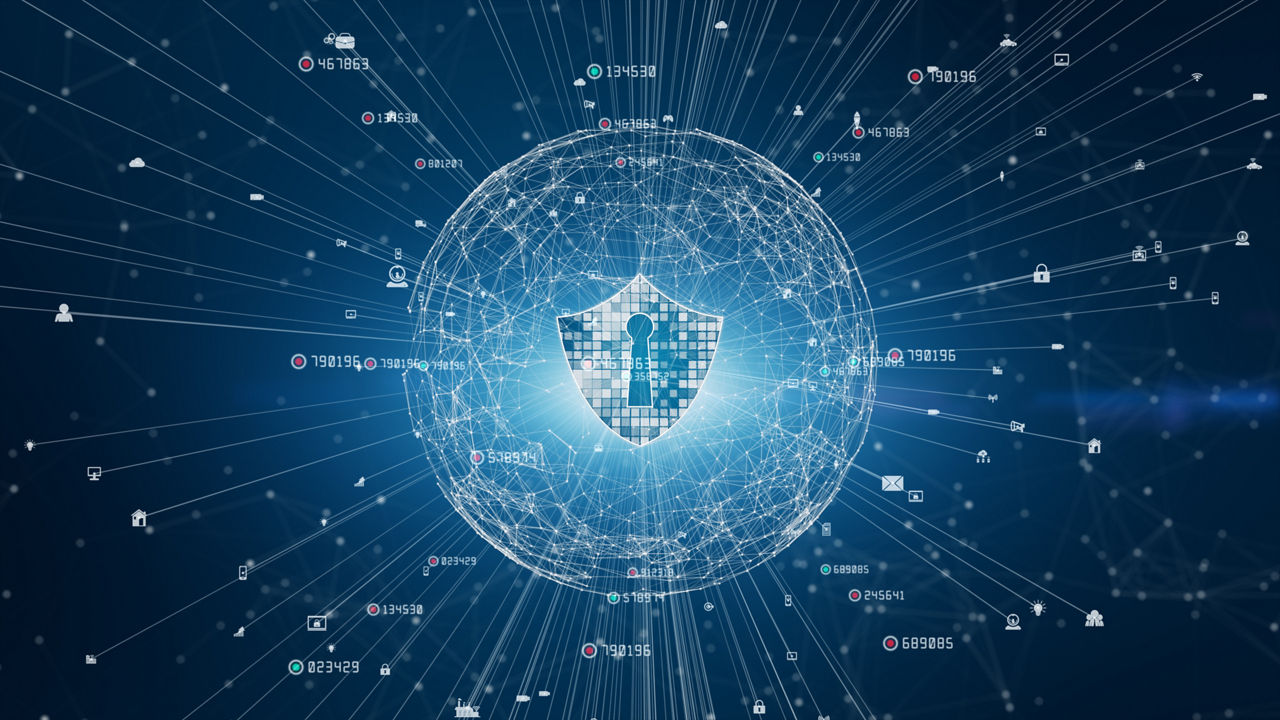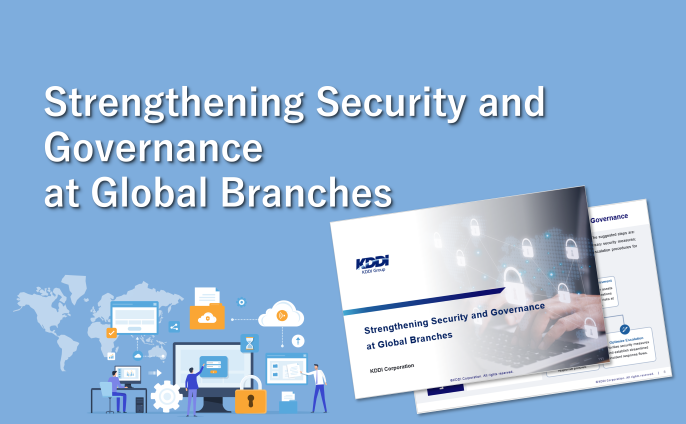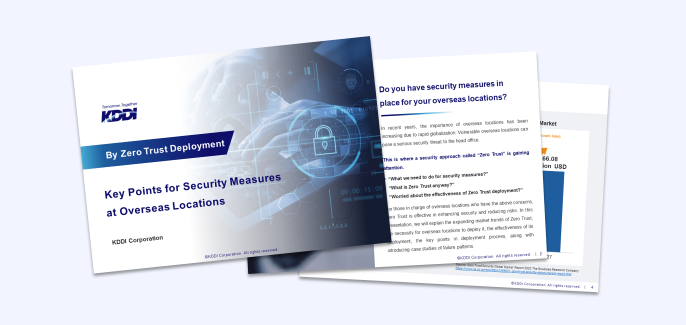As vicious cyberattacks continue to threaten businesses, many companies are fortifying their defenses to protect themselves, but blind spots remain.
One such blind spot is their foreign sites. Many Japanese companies have expanded overseas, and this expands the security scope that needs to be covered. Many of them people may be wondering what kind of countermeasures should be taken for security at their overseas sites.
As a means of defense, the concept of "zero trust security" is garnering attention. As the name implies, zero trust literally means to "trust nothing" in an IT network and validate the legitimacy of all access, both inside and outside the company, scrutinizing access rights. Zero trust, which allows managing with the same security policy across multiple sites, is said to be an effective security measure for places like overseas sites where the security situation is difficult to grasp.
However, when introducing zero trust, it may not be clear what steps to take. This whitepaper has compiled the characteristics of zero trust and the steps to its introduction in an easily understandable way, not only for IT personnel but also for all readers. Furthermore, we have received advice on security measures from Nobuo Miwa, the CEO of S&J Corporation, a provider of security services.















